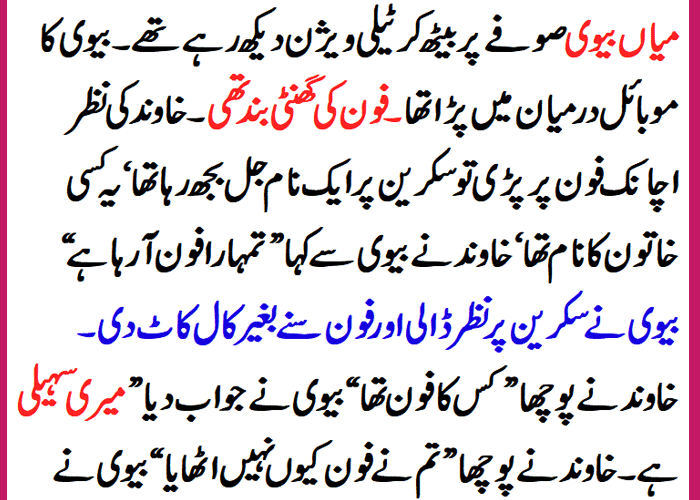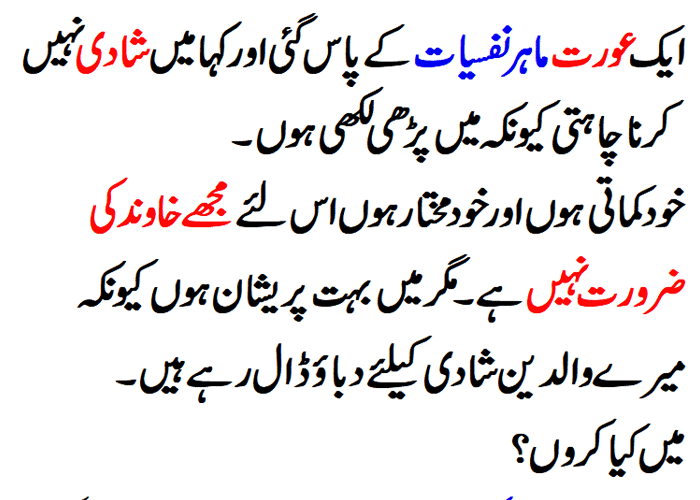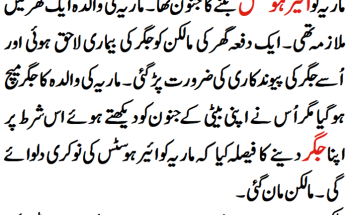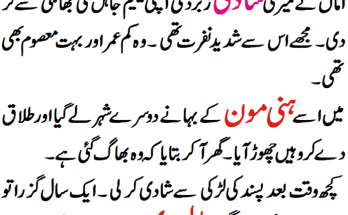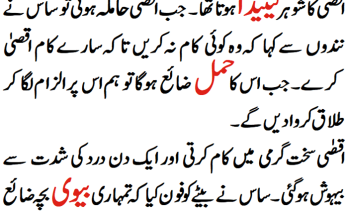
People often argue about who is smarter, men or women. Some say intelligence doesn’t depend on gender, while others think women are smarter. Let’s explore this topic and see why some believe women might be more intelligent than men.
To unravel this captivating mystery, it’s essential to first acknowledge that intelligence is a complex and multifaceted trait. It encompasses not only raw cognitive abilities but also emotional intelligence, adaptability, and problem-solving skills. With this broader perspective in mind, let’s explore the reasons behind the claim that women have the upper hand in the intelligence game.
Why Women Are Smarter Than Men (Urdu)

The Communication Conundrum
One striking aspect where women often outshine their male counterparts is communication. Girls tend to display advanced linguistic skills from the earliest stages of development. This linguistic prowess extends beyond just vocabulary; women often exhibit a remarkable ability to intuitively grasp nuances in tone, body language, and non-verbal cues.

Moreover, studies consistently show that women tend to be more effective communicators. They excel in expressing thoughts, emotions, and ideas clearly and concisely, fostering better understanding and connection. This ability to navigate the intricate web of communication contributes significantly to their perceived intelligence.







Emotional Intelligence: The Silent Superpower
In the realm of emotional intelligence, women emerge as frontrunners. This skill involves recognizing and managing one’s emotions and those of others. Women, in general, are more adept at empathizing and understanding the emotions of those around them. This heightened emotional intelligence allows them to navigate social situations with finesse, building stronger interpersonal relationships.
A woman’s ability to connect emotionally can be seen as a silent superpower, enabling her to navigate complex social landscapes effortlessly. This emotional acumen not only enhances their personal lives but also contributes to success in various professional spheres, making a compelling case for the argument that women are indeed smarter.
Multitasking Mastery
The art of multitasking is often considered a hallmark of intelligence, and here again, women demonstrate their prowess. Juggling various responsibilities simultaneously, be it at home, in the workplace, or social settings, seems to come more naturally to women. This ability to efficiently manage multiple tasks not only showcases their organizational skills but also underscores a level of cognitive flexibility that is truly impressive.
The science behind multitasking reveals that women possess superior neural connectivity between the left and right hemispheres of the brain, facilitating smoother information processing. This neurological advantage not only aids in multitasking but also enhances problem-solving abilities, contributing to the perception that women may be inherently smarter.
The Power of Intuition
Intuition, often described as the ability to understand something instinctively without the need for conscious reasoning, is another area where women shine. While both men and women possess intuition to varying degrees, studies suggest that women tend to rely on it more frequently. This intuitive sense allows women to make quick and accurate decisions, often based on subtle cues that may elude others.
This heightened intuition is not a mystical power but rather a result of a combination of factors, including a keen awareness of emotions, a deep understanding of social dynamics, and a strong connection with their instincts. Harnessing this power of intuition, women navigate life’s complexities with a finesse that can be misconstrued as pure intelligence.
In conclusion, the assertion that women are smarter than men is not about pitting one gender against the other in an intellectual showdown. Instead, it’s about appreciating and acknowledging the diverse facets of intelligence that each gender brings to the table. Intelligence is a multifaceted tapestry woven with threads of linguistic prowess, emotional intelligence, multitasking mastery, and intuitive insight.
Transitioning from the age-old stereotypes, it’s crucial to recognize that both men and women contribute uniquely to the collective intelligence of humanity. Embracing the strengths of each gender and fostering an inclusive appreciation for diverse cognitive abilities will undoubtedly lead to a more harmonious and intellectually rich society. After all, in the grand tapestry of intelligence, every thread has its place and significance.
FAQs
Q1: Are women smarter than men, or is it just a stereotype?
A1: Intelligence varies among individuals, regardless of gender. The article highlights certain strengths in women, but it’s crucial to avoid oversimplifications and acknowledge the diversity of intelligence.
Q2: Do men lack emotional intelligence compared to women?
A2: Emotional intelligence is not gender-exclusive. While the article emphasizes women’s proficiency, it’s essential to recognize that men can exhibit exceptional emotional intelligence as well.
Q3: Is multitasking always a sign of intelligence?
A3: Multitasking is associated with intelligence, but it’s not a universal rule. Strategic decision-making and knowing when to focus on one task are also crucial aspects of intelligence.
Q4: Can men and women complement each other in terms of intelligence?
A4: Absolutely. Both genders bring unique cognitive strengths to the table, and collaborative efforts can lead to more comprehensive problem-solving.
Q5: Does society’s perception of intelligence affect individual development?
A5: Yes, societal expectations can influence individual development. Challenging stereotypes fosters an environment where individuals embrace their unique cognitive strengths for a more inclusive and innovative society.


